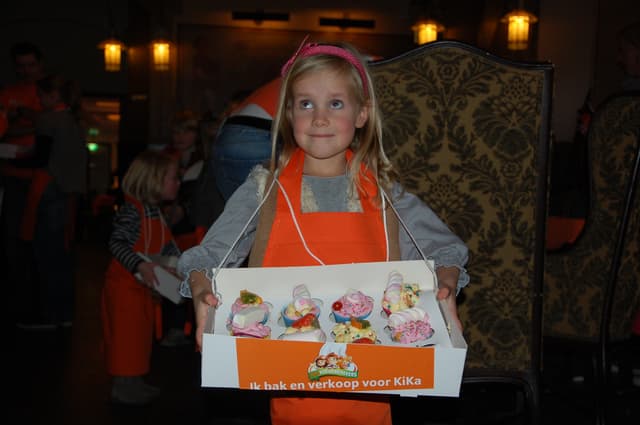KiKa (Children’s Cancer Free Foundation): Events fundraising success
- Exhibited by
- Frits Hirschstein
- Added
- May 03, 2018
- Medium of Communication
- Events, peer-to-peer
- Target Audience
- All
- Type of Charity
- Medical
- Country of Origin
- The Netherlands
- Date of first appearance
- 2006
SOFII’s view
Centring their fundraising strategy on enabling donors to organise their own activities, Dutch charity KiKa became game changers in event fundraising across the Netherlands.
With a vision of remaining small but raising a lot of money, KiKa proved that if you invest in your donors’ ambitions and ideas, and make it easy for them to bring these to life, you can achieve results well beyond your means.
Creator / originator
Frits Hirschstein and KiKa (Children’s Cancer Free Foundation)
Background
KiKa was founded in 2002 to raise money to combat cancer in children. Very quickly they decided on a fundraising strategy of garnering the support of as many private donors as possible.
In 2006, executive director Frits Hirtschstein was contacted by some friends of his from the advertising world who wanted to make a TV advertisement – funded by private supporters – with the simple message: become a donor by organising and/or taking part in activities created to support KiKa.
The ambition was for KiKa to remain a small charity but one that could grow steadily whilst raising a lot of money. In 2005, only 300 activities had been organised to support KiKa. That was about to change.
Summary / objectives
KiKa have one goal and one goal only: to increase the cure rate to 95 per cent for children living with cancer. A clear and simple message, which is repeated everywhere, reinforcing the ambition with donors.
In the wake of the TV advertisement, KiKa invited donors to take their own initiative in organising events for KiKa such as baking cakes and doughnuts, sponsored football matches, bike rides, marathons, etc. KiKa would provide the means to advertise events and help with logistical support (volunteers, online promotion, etc), but the impetus would come from those donors passionate enough about the cause to try to organise their own activities.
The belief was that this independence for volunteers and donors would provide more scope to raise money.
Special characteristics
By ensuring that donors always have quick access to KiKa staff (all responses to requests for advice or support were answered within eight hours and no more), the organisation can get activities rolling quickly and efficiently and provide an excellent donor experience.
As Frits Hirschstein told friend of SOFII Reinier Spruit:
‘We stay very close to the people, so that’s why people know our organisation very well. A few years back we introduced the slogan “take action”, which was picked up very practically. [...] The role of KiKa is to facilitate these actions where necessary. To facilitate all actions we have four people in the office, who respond to incoming mail. It is essential that we always stop by the event to thank the organisers. This can be done by a paid employee or a volunteer. Organisers are sincerely appreciated, so you win ambassadors for your organisation. Sometimes there is an action we’re not really happy with. Some time ago they were tattooing for KiKa... if we knew that in advance... But we choose not to be aware of everything in advance, which is not possible anyway with 10 actions per day.’
And as he said to Reinier in a more recent conversation:
‘Personal contact is what’s key, that’s the investment.’
Results
In 2005 only 300 activities were organised on KiKa’s behalf. Nowadays, the number is closer to 5,000, with an average of €1,500 raised per activity. That’s nearly €9 million per year. As Reinier notes, ‘the net income for KiKa grew from 9.2 million euros in 2009 to 19.8 million euros in 2016.’
In the Dutch market KiKa has become the standard-bearer for events fundraising. Many others also do this type of fundraising, but not on the same scale as KiKa.
Other relevant information
The final word should go to Frits, courtesy again of Reinier Spruit:
‘My success formula: always think creatively and look for distinctive concepts. Clear and simple communication. Every day you need to think about the distinctiveness of your brand. Without innovations, growth and success are not possible.’
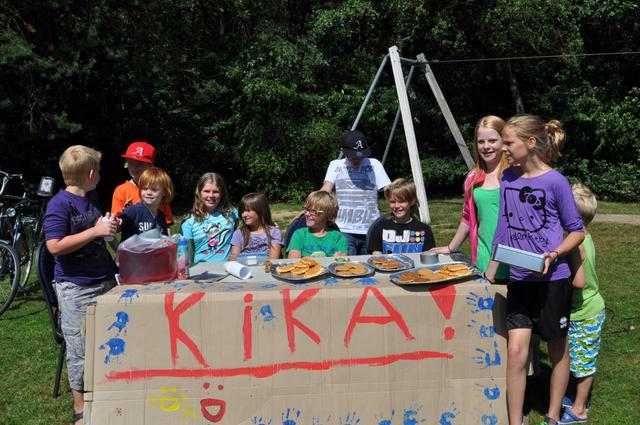
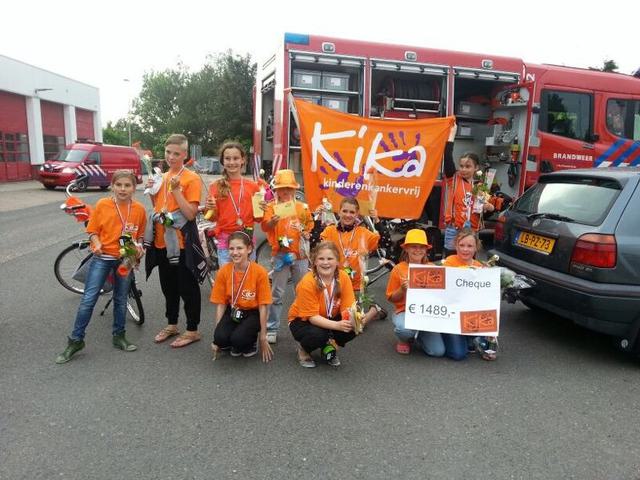
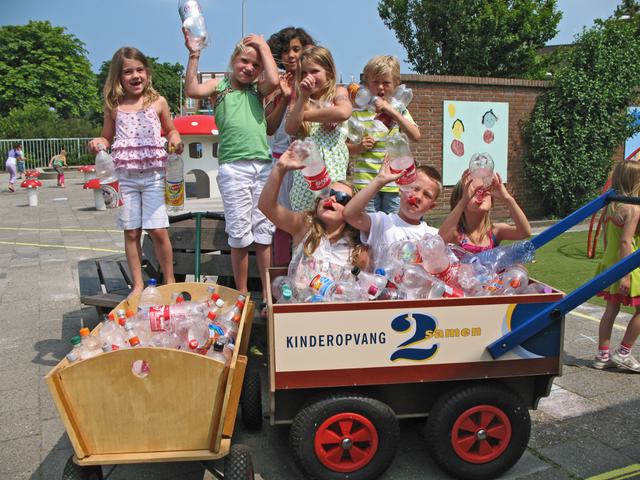
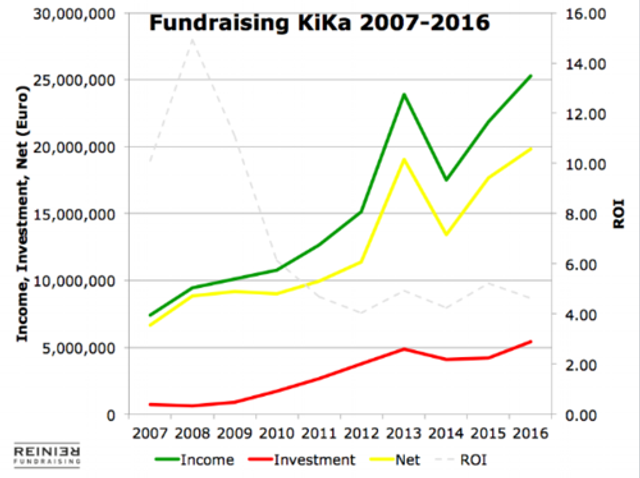
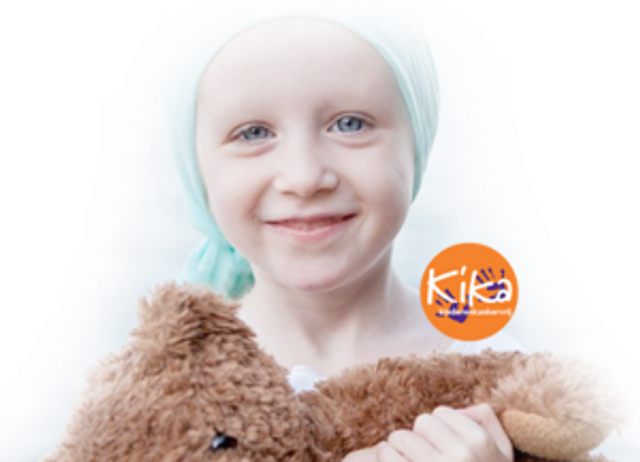
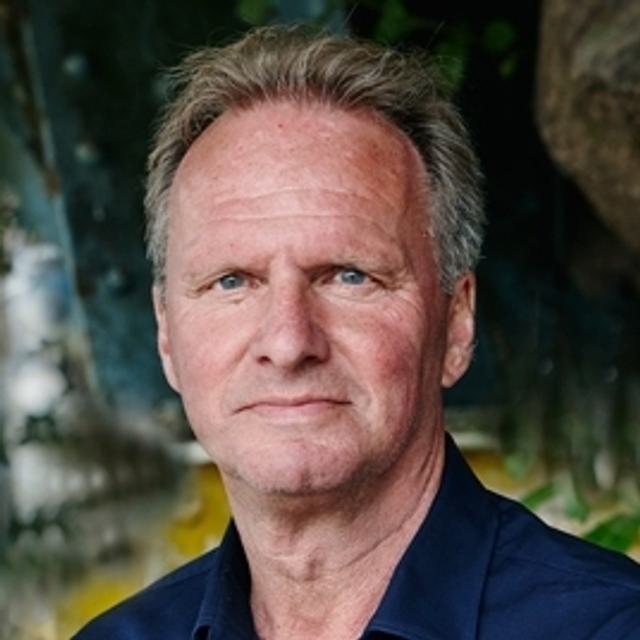
Also in Categories
-
- Events and Community


